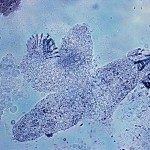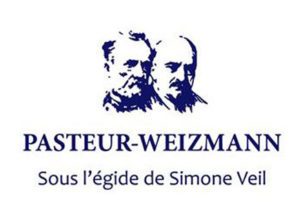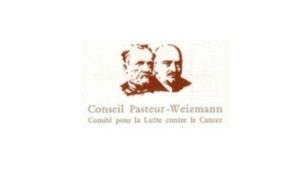About
The way pathogens evade the human host system is largely unknown, thus limiting our ability to cure infectious diseases. This is the case for Plasmodium, instigator of malaria, as well as Leishmania, causative agent of Leishmaniasis. In recent years, increasing evidence suggest that extracellular vesicles (EVs) play an important role in the pathogenicity of these parasites. Previous work from Rachidi group at the institut Pasteur suggests that the secreted kinase Leishmania casein kinase 1.2 has a major role in the reconfiguration of the macrophage, Leishmania host cell; while previous work by Regev-Rudzki team at the institute Weizmann reveals that the secretion of EVs containing nucleic acid and protein cargo by Plasmodium alter the host immune system. Preliminary data suggest that the EVs are also involved in Red Blood Cell (RBC) protein phosphorylation. This project aims to study the role of secreted kinases in host alteration using two models: Plasmodium and Leishmania. The project will: (1) investigate the impact of parasitic kinases on host cell signalling and (2) identify the key parasitic kinases linked to the modification of host cell pathways focusing on macrophage immune response or RBC priming. The comparison of the two parasites will reveal common mechanisms for host subversion. The impact of this project will be substantial as there is currently no studies on EV secreted kinases for parasites, although kinases regulate almost every aspect of cell biology.







